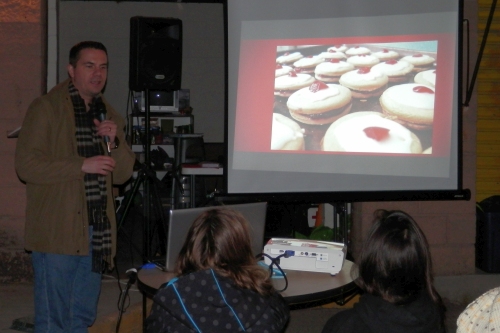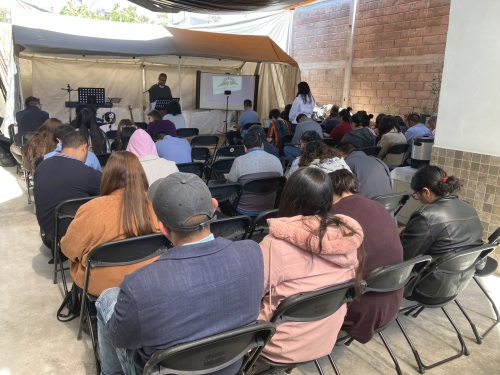Adventures in Moving
Moving is always an adventure, and this move has been no exception! As is often the case, there has been so much going on, and I have so much to talk about, that I have no time to do it!
Moving in Mexico has some added challenges that you may or may not experience in the country where you live. When you move into a house, it may be pretty stripped down (the owners of the previous house were very thankful that we had left a few lightbulbs!), and not always exactly ready to live in.

I’ve explained to some people that the previous house would have cost us a lot more in the long run, but this one is costing more in the short term. So we’ve been working on things like:
- Installing one of the main downstairs windows
- Repairing/replacing locks
- Purchasing and putting in bathroom mirrors (still working on that one!)
- Electrical/gas lines for the washer/dryer
- Repair/replacement of the kitchen tap/drain
- Installing lights where needed
- Needed changes in paperwork
… and that’s just a start. But we’re making progress! And the house itself is in much better condition than the one we left.
Thank you so much to those who helped with the cost of some of these things through your special gifts for our move.
We were so thankful to have the generous help from friends in our church with cleaning and moving. We got the majority of the furniture and appliances moved in one day at the end of November, and then spent a good part of December moving the rest and cleaning the old house.
But on top of all the moving challenges, we had other adventures. For example,
- A punctured tire while we were moving things from one house to the other
- A car battery reached the end of its life as we were handing the keys of the old house to the owners
- The same day, our internet stopped working
- Power outages
- Water pressure problems
But amid all these things, we have been able to reflect on God’s provision, the kindness of friends, and, in this season, the joy of the coming of the Messiah!
Outside of our dining room window is a tree that hummingbirds and sparrows just love. They are a constant reminder to us of Jesus’ words:
Are not five sparrows sold for two assaria? Yet not one of them is forgotten before God. Indeed, the very hairs of your head are all numbered. Do not fear; you are more valuable than many sparrows.
Luke 12:6-7
There’s still a lot to do as we unpack and continue to install what needs to be installed or repaired. But we’re so thankful for how God has provided over the past few weeks!





